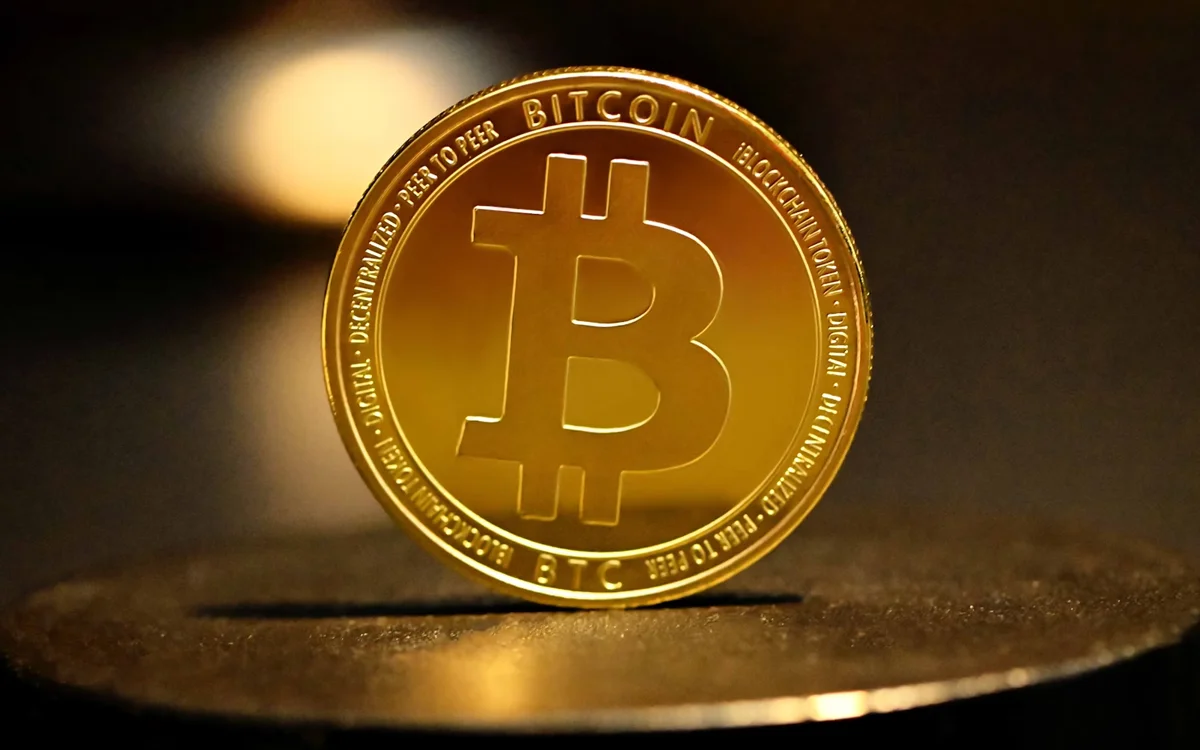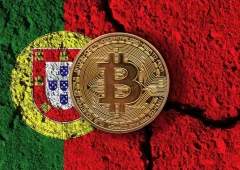Kraken Completes Mt. Gox Payouts Without Triggering Bitcoin Sell-Off
24.07.2024 18:14 2 min. read Alexander Stefanov
Kraken has completed the repayment process for Mt. Gox creditors without triggering the expected Bitcoin sell-off.
Dave Ripley, CEO of Kraken, confirmed that the exchange has finished distributing the owed Bitcoin (BTC) and Bitcoin Cash (BCH) to the creditors of the defunct Mt. Gox exchange.
This update was shared on July 24 via a post on the social media platform X.
Investors had been concerned that the repayments would lead to a massive sell-off, causing a sharp decline in Bitcoin’s price. Approximately 127,000 creditors have been waiting for more than a decade to reclaim their funds, which now amount to over $9.4 billion in Bitcoin.
Despite the significant potential for sales, Kraken’s trading data indicates that creditors are holding onto their Bitcoin. According to Ki Young Ju, CEO of CryptoQuant, there has been no noticeable increase in Bitcoin trading volume or outflows on Kraken since the repayments were made.
Ju commented on X on July 24, noting that the absence of a trading spike is a positive indicator. However, he cautioned that some sell pressure might still emerge, particularly from Asia.
The general consensus among analysts, including RunnerXBT, is that only those with weak resolve, often referred to as “paper hands” in crypto jargon, are likely to sell their Mt. Gox Bitcoin. Therefore, any sell-off is expected to cause only temporary fluctuations in Bitcoin’s price.
-
1
Bitcoin Rises as Thousands of Altcoins Disappear
07.07.2025 13:00 2 min. read -
2
Bitcoin: Historical Trends Point to Likely Upside Movement
08.07.2025 16:00 2 min. read -
3
Strategy Buys 4,225 more Bitcoin, Pushing Holdings to 601,550 BTC
14.07.2025 18:34 2 min. read -
4
Bitcoin ETFs Top $50 Billion in Inflows, Marking Institutional Breakthrough
10.07.2025 11:00 2 min. read -
5
Bitcoin Shouldn’t Be Taxed, Says Fund Manager
07.07.2025 9:00 2 min. read
Elon Musk’s SpaceX Moves $150M in Bitcoin
SpaceX has moved 1,308 BTC—worth roughly $150 million—to a new wallet address, marking its first on-chain activity in more than three years.
Here’s When the Bitcoin Cycle May Peak, Based on Past bull Markets
According to a new chart shared by Bitcoin Magazine Pro, the current Bitcoin market cycle may be entering its final stretch—with fewer than 100 days remaining before a potential market top.
Bitcoin Price Prediction: $130K in Sight After ‘Crypto Week’ Boost
Bitcoin (BTC) is once again hovering near its all-time high today as trading volumes have jumped by 13% in the past 24 hours upon breaking the $119,000 barrier, favoring a bullish Bitcoin price prediction. The top crypto has booked gains of 16% in the past 30 days and reached a new record at $123,091 earlier […]
Support Test or Breakout Ahead? Bitcoin Hovers at Key Decision Zone
Bitcoin is consolidating around $119,000 after last week’s all-time high above $123,000.
-
1
Bitcoin Rises as Thousands of Altcoins Disappear
07.07.2025 13:00 2 min. read -
2
Bitcoin: Historical Trends Point to Likely Upside Movement
08.07.2025 16:00 2 min. read -
3
Strategy Buys 4,225 more Bitcoin, Pushing Holdings to 601,550 BTC
14.07.2025 18:34 2 min. read -
4
Bitcoin ETFs Top $50 Billion in Inflows, Marking Institutional Breakthrough
10.07.2025 11:00 2 min. read -
5
Bitcoin Shouldn’t Be Taxed, Says Fund Manager
07.07.2025 9:00 2 min. read


